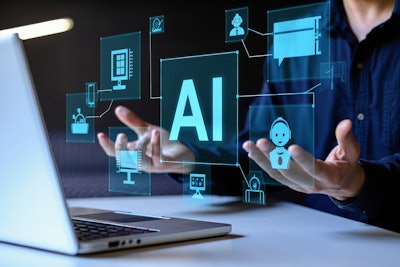
LHH’s new report, The Reinvention Imperative: How AI is Reshaping Jobs, Individual Careers, and Talent Strategies, reveals how AI-driven disruption is accelerating job loss, forcing workers to rapidly reskill and reinvent their careers.
“AI is accelerating workforce transformation at a pace that is outpacing traditional approaches to talent management. Almost 60% of displaced workers in our programs are not just switching jobs, but entering entirely different job families,” says John Morgan, president of LHH’s Career Transition & Mobility, Leadership Development & Coaching and HR & Talent Advisory businesses. “This is a critical moment for organizations to rethink both career transitions and internal mobility, so employees can evolve alongside the technologies reshaping roles. It calls for a new model of support that combines personalized coaching, AI-enabled tools and forward-looking skills development, so opportunities for growth and reinvention are available for employees within the organization and throughout the outplacement process."
Key takeaways:
· The findings reveal a growing challenge: automation and AI-driven disruption is making reemployment harder, while many workers underestimate the role of AI in job loss.
· Just 12.4% of LHH Career Transition candidates cited AI as a factor in layoffs, yet close to half of employers said headcount has already been reduced because of AI and 54% are expecting additional reductions within the next five years. This perception gap is leaving workers underprepared to assess and adapt their skills to remain competitive in the talent market.
· The report found that 58% of LHH career transition candidates in 2024 pivoted to entirely new occupations, despite just about 74% originally seeking a similar role to the one they had lost.
· Workers impacted by AI are also facing longer and more complex paths back to employment. Only 36.9% of candidates laid off due to AI were reemployed within three months, compared to 46.2% of those whose layoffs were unrelated to AI. Additionally, candidates shifting roles due to AI are more than twice as likely to remain out of work for at least a year or more.
· LHH career transition candidates show there is a clear, distinct desire from employees to build AI capabilities: nearly two-thirds want to grow skills, and 70% have already started learning. However, most are doing it on their own, with just around 10% accessing employer-provided training while the majority rely on self-directed tutorials or on-demand courses. This signals a growing gap between the urgency of AI upskilling and the formal support being offered.


















